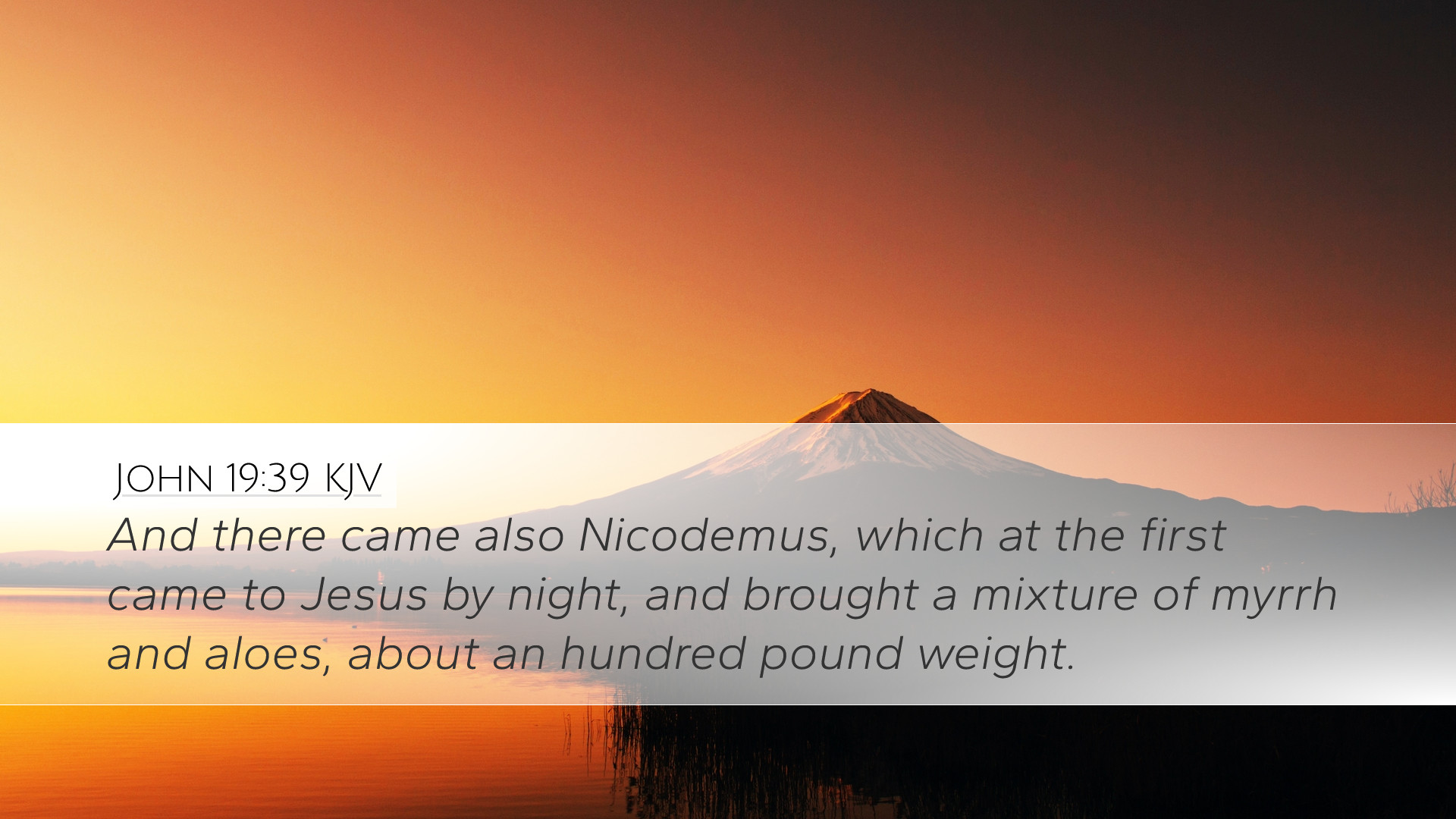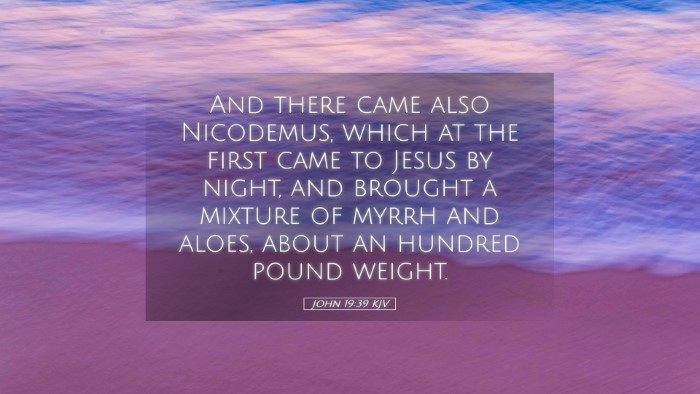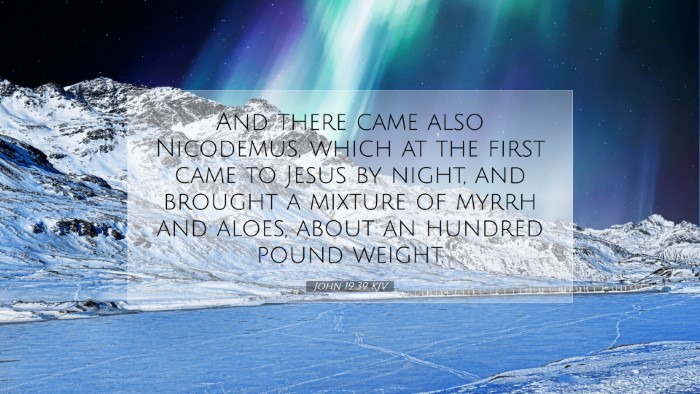Old Testament
Genesis Exodus Leviticus Numbers Deuteronomy Joshua Judges Ruth 1 Samuel 2 Samuel 1 Kings 2 Kings 1 Chronicles 2 Chronicles Ezra Nehemiah Esther Job Psalms Proverbs Ecclesiastes Song of Solomon Isaiah Jeremiah Lamentations Ezekiel Daniel Hosea Joel Amos Obadiah Jonah Micah Nahum Habakkuk Zephaniah Haggai Zechariah MalachiVerse
John 19:1 John 19:2 John 19:3 John 19:4 John 19:5 John 19:6 John 19:7 John 19:8 John 19:9 John 19:10 John 19:11 John 19:12 John 19:13 John 19:14 John 19:15 John 19:16 John 19:17 John 19:18 John 19:19 John 19:20 John 19:21 John 19:22 John 19:23 John 19:24 John 19:25 John 19:26 John 19:27 John 19:28 John 19:29 John 19:30 John 19:31 John 19:32 John 19:33 John 19:34 John 19:35 John 19:36 John 19:37 John 19:38 John 19:39 John 19:40 John 19:41 John 19:42

